When Jean Kilbourne first began studying images of women in the media in the late 1960s, there was no name for what she was doing. The women’s movement was just get-ting off the ground, and the term “media criticism” had not been coined, let alone developed into a legitimate field of study.
The day in 1968 when she began clipping offending ads from magazines and sticking them on her fridge door came at a particularly low point in her life, she recalls. “I had something like 11 jobs [that year] because I just couldn’t stand the work.”
Although Kilbourne had won a full academic scholarship to Wellesley, she found her options after graduation very limited. “I could be a secretary, I could be a waitress … I could be a teacher,” she says. And she did all three at one time or another, along with a bit of modeling in Paris, London, and New York, which she found “really soul-destroying.”
One of the jobs she had in 1968 was placing ads in the British medical journal the Lancet. One ad, for a birth control pill called Ovulen 21, stood out. It read: “Ovulen works the way a woman thinks, by weekdays, not by cycle days.”
“It showed a smiling woman with seven bosses in her head. One for each day of the week—Monday was the laundry basket, and Tuesday was the iron. And the idea was that we were too stupid to remember our cycles, but we could remember the days of the week,” she says, her outrage undiminished with the passing of nearly 40 years. “It was obvious to me that something was really wrong with this.”
Before long, Kilbourne’s fridge was covered with such provocations, and she began to notice patterns: dismemberment of the female body, sexualization of children, and violence against women used to sell products.
So she embarked on the quest that has consumed her ever since. She looks critically at a wide range of public-health problems through the lens of advertising and marketing—from eating disorders to violence against women, high-risk drinking, and smoking—and teaches media literacy as a tool to prevent these problems. “Almost every public-health issue has an industry on the other side that’s profiting from it,” says Kilbourne of the $250 billion advertising business—and that’s just in the United States. “My mission from the beginning has been to look at those industries and how they market products that contribute to these problems.”
Initially, she developed a slideshow of 100 or so ads and took it on the road to school and community groups, logging as many as 110 speaking engagements in a single year. At one point, she was named by the New York Times as one of the top three most popular speakers on college campuses. By her own estimation, she has lectured at over half the colleges and universities in the U.S., and nearly all of those in Canada, and has appeared before the British Parliament. Not bad for a woman who says she used to be terrified of public speaking.
‘The major place where Jean’s films are used and her voice is heard is in the classroom: high schools, colleges, and community groups. [She] has influenced literally generations of women.’
—Sut Jhally, professor of communication, UMass Amherst
In 1979, Kilbourne parlayed her public lectures into an educational video, Killing Us Softly: Advertising’s Image of Women, which has been updated and expanded three times, most recently in 2010. In the film, Kilbourne walks the viewer through ad after ad—several more jaw-dropping than the Ovulen 21 ad—until the patterns become unmistakable, as well as the manipulations operating behind them. She has also produced a number of other films, two books, and countless articles in the popular media.
But it is with Killing Us Softly, the offspring of that initial fridge-door epiphany, that she has had the biggest impact, says Sut Jhally, a professor of communication at UMass Amherst and the executive director of the Media Education Foundation, which distributes Kilbourne’s films. “The major place where Jean’s films are used and her voice is heard is in the classroom: high schools, colleges, and community groups,” he says. “[She] has influenced literally generations of women.”
Kilbourne has received scores of professional accolades. But as important to her, she says, are the emails she gets from students who tell her that hearing her speak or watching one of her films changed their lives. She particularly enjoys the fact that a Canadian all-female punk rock group named themselves “Kilbourne” in her honor.
At the beginning, most of the problems Kilbourne highlighted were not seen as problems at all, and advertising itself was not taken seriously. “Even other feminists said, ‘Look, advertising is trivial. We have important issues to deal with, like violence.’ And I would say, ‘Yes, but the image of women in advertising … creates a climate in which violence is more likely.’”
It is a testament to Kilbourne’s success that her arguments, once considered so controversial, have become the conventional wisdom of today. “She was a pioneer in looking at the media and how the media portray women in very sexist ways, when it was considered a radical idea,” says Susan McGee Bailey ’63, former executive director of the Wellesley Centers for Women, where Kilbourne has been a visiting scholar since 1984. “I used to say at the Centers, ‘If you’re not asking the right question, then the answers don’t matter very much,’ and Jean is someone who is always asking the right questions.”


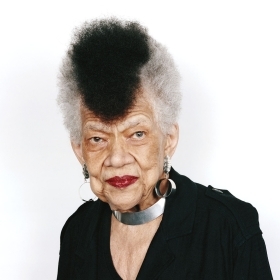

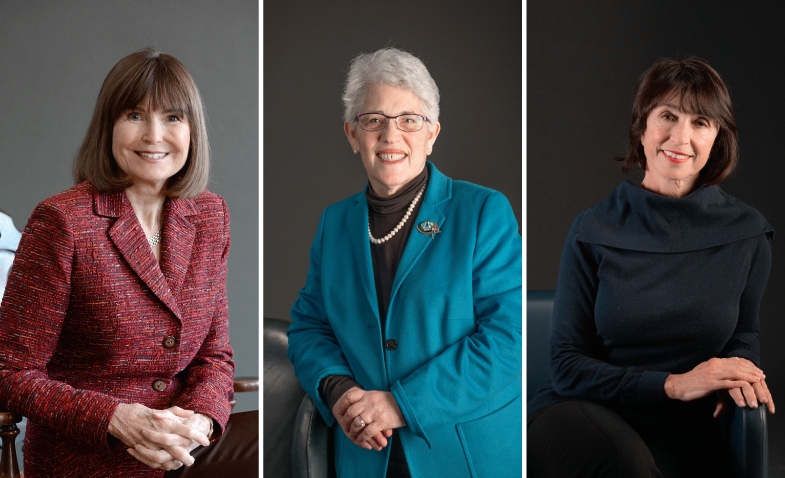
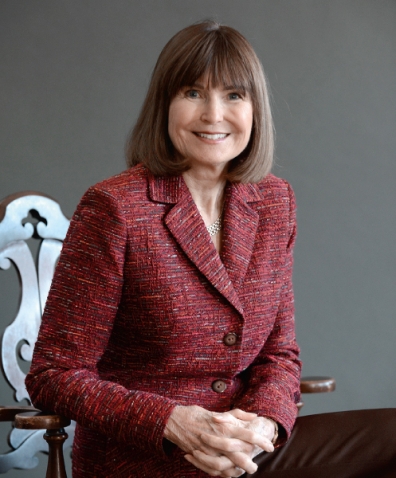
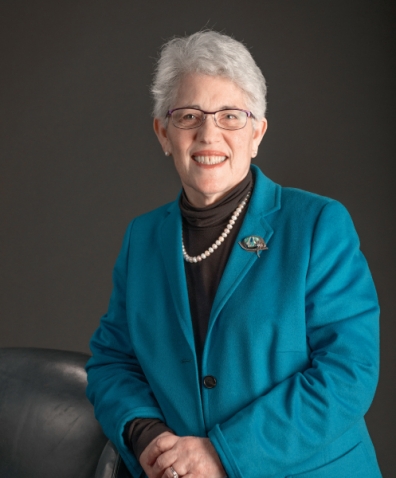
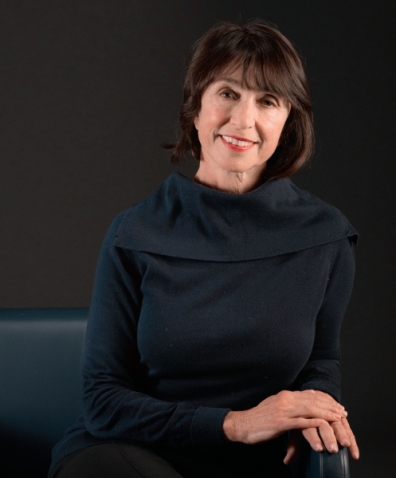


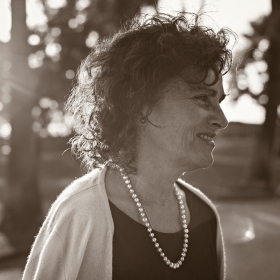
We ask that those who engage in Wellesley magazine's online community act with honesty, integrity, and respect. (Remember the honor code, alums?) We reserve the right to remove comments by impersonators or comments that are not civil and relevant to the subject at hand. By posting here, you are permitting Wellesley magazine to edit and republish your comment in all media. Please remember that all posts are public.